Κείμενο
Για τις περισσότερες βιταμίνες και τα μέταλλα και τα ιχνοστοιχεία, τυπικά συστήνεται να τα λαμβάνουμε μετά το φαγητό, γιατί γνωρίζουμε ότι με αυτό τον τρόπο βελτιώνεται η απορρόφηση τους και μειώνεται η πιθανότητα να εμφανίσουν παρενέργειες. Ούτως ή άλλως τα μέταλλα, τα ιχνοστοιχεία και τις βιταμίνες φυσιολογικά ο άνθρωπος τις λαμβάνει μαζί με το γεύμα, άρα, καλό είναι όταν τα λαμβάνουμε να είναι ενεργοποιημένο το γαστρεντερικό σύστημα ώστε να βελτιστοποιήσει την απορρόφηση τους. Αυτό όμως δεν ισχύει και για το μαγνήσιο. Το μαγνήσιο έχει την ιδιαιτερότητα ότι μπορεί να λειτουργήσει κατά κάποιον τρόπο και ως φάρμακο, δηλαδή να φέρει δράσεις επιπρόσθετες από αυτές που έχει ως συμπλήρωμα διατροφής γενικά για τη βελτίωση της υγείας. Όπως έχουμε πει σε προηγούμενο βίντεο, το μαγνήσιο βοηθάει σε κάποιες καταστάσεις, και ανάλογα που στοχεύουμε μπορούμε να τροποποιήσουμε την ώρα λήψης του για να μεγιστοποιήσουμε τα αποτελέσματα που θέλουμε. Αυτό σημαίνει ότι η ώρα λήψης του μαγνησίου μες στη μέρα μπορεί να διαφέρει ανάλογα με το αν θέλουμε να αντιμετωπίσουμε το άγχος, να βελτιώσουμε τον ύπνο, ή να ρίξουμε την αρτηριακή πίεση. Σε αυτές τις περιπτώσεις, η λήψη μαγνησίου μπορεί να είναι ανεξάρτητη από τη διατροφή και σε διαφορετική ώρα της ημέρας. Πάμε να δούμε πιο συγκεκριμένα. Αρκετά άτομα λαμβάνουν μαγνήσιο γιατί βοηθάει στον ύπνο. Σε αυτή την περίπτωση ιδανικά πρέπει να παίρνουμε το μαγνήσιο μία ώρα πριν τον ύπνο. Σε αυτό το χρονικό διάστημα αρκεί για να κάνει υψηλά επίπεδα το μαγνήσιο στο αίμα και να μας βοηθήσει να κοιμηθούμε καλύτερα. Είναι προφανές ότι καλό είναι να μην τρώει κάποιος τόσο αργά, άρα σε αυτή την περίπτωση η πρόσληψη μαγνησίου θα είναι ανεξάρτητη από το τελευταίο γεύμα της ημέρας. Σε περίπτωση που κάποιος θέλει να αντιμετωπίσει το στρες, το πιο λογικό είναι να μοιράσει το μαγνήσιο μέσα στη μέρα, και ειδικά στις ώρες που έχει το εντονότερο στρες. Καθώς οι περισσότεροι άνθρωποι δουλεύουν πρωί και υπόκεινται σε στρες κυρίως κατά τις πρωινές ώρες, μία

ταμπλέτα μαγνησίου μετά το πρωινό και άλλη μία μετά το μεσημεριανό είναι η ιδανική προσέγγιση για την αντιμετώπιση του στρες. Η συγκεκριμένη δοσολογία που βοηθάει τον καθένα διαφέρει, έτσι η ίδια ποσότητα που σε κάποιον μειώνει το στρες και τον κάνει παραγωγικό μπορεί κάποιον άλλον να του φέρει υπνηλία και να μην μπορεί να δουλέψει. Για να βρούμε την ιδανική δόση που λειτουργεί για μας πρέπει να ξεκινήσουμε από μία χαμηλή δόση, για παράδειγμα 100 mg μαγνησίου, και αν αυτό δεν λειτουργεί σιγά-σιγά να αυξήσουμε τη δόση μέχρι να τη φτάσουμε εκεί που θα είναι αποτελεσματική για μας, δηλαδή να είμαστε παραγωγικοί χωρίς άγχος, αλλά και χωρίς να νιώθουμε υπνηλία. Σε περίπτωση που παίρνει κάποιος μαγνήσιο για την αντιμετώπιση της υπέρτασης, το λογικό θα ήταν να πάρει το μαγνήσιο σε διαφορετική ώρα από αυτή που παίρνει τη φαρμακευτική του αγωγή, έτσι ώστε να λειτουργεί συμπληρωματικά σε αυτή. Αν λοιπόν λαμβάνετε αντιυπερτασικά το πρωί, τότε το λογικό θα ήταν να πάρετε το μαγνήσιο το απόγευμα, έτσι ώστε να επεκτείνετε τη δράση των αντιυπερτασικών και μες στη νύχτα. Σε περίπτωση που παίρνετε αντιυπερτασικά και πρωί και απόγευμα, τότε το λογικό θα ήταν να παίρνετε το μαγνήσιο τις ώρες ανάμεσα στα αντιυπερτασικά, για παράδειγμα το μεσημέρι ή νωρίς το απόγευμα. Σε περίπτωση που έχετε αυξημένη πίεση, αλλά ακόμα δεν έχει κρίνει ο γιατρός σας ότι έχετε ανάγκη φαρμακευτικής αγωγής, καλό είναι να μοιράζεται την ημερήσια ποσότητα του μαγνησίου σε δύο δόσεις, και να παίρνετε τη μία το πρωί και την άλλη αργά το απόγευμα, περίπου κάθε δωδεκάωρο. Σε περίπτωση που θέλετε να χρησιμοποιήσετε το μαγνήσιο για να βελτιώσετε τις αθλητικές σας επιδόσεις, το ιδανικό είναι να ξεκινήσετε να δοκιμάζετε το μαγνήσιο αμέσως μετά την άσκηση, ή ακόμα και κατά την διάρκειά της, αν αυτή διαρκεί πάνω από μιάμιση ώρα. Οι μελέτες έχουν δείξει ότι για αγώνες και προπονήσεις που διαρκούν πάνω από μία ώρα μπορεί κάποιος να λαμβάνει μαγνήσιο κατά τη διάρκεια του αγώνα ή της προπόνησης. Αν όμως οι προπονήσεις σας

είναι μικρότερες, τότε όπως είπαμε μία ταμπλέτα μαγνησίου μετά την άσκηση είναι ότι πρέπει. Μην ξεχνάτε επίσης, ότι αν πάσχετε από ημικρανίες ή πονοκεφάλους, μία υψηλή δόση μαγνησίου τη στιγμή που ξεκινάει η ημικρανία ή ο πονοκέφαλος είναι πολύ πιθανόν να τον σταματήσει, ή να περιορίζει τη φαρμακευτική αγωγή που θα χρειαστεί για να αντιμετωπιστεί. Έτσι, αντί να χρησιμοποιήσετε δύο παυσίπονα, να μπορείτε να χρησιμοποιείτε ένα παυσίπονο και μία ταμπλέτα μαγνησίου. Σε αυτή την περίπτωση πρέπει να πάρουμε μεγάλη ποσότητα μαγνησίου, της τάξης του ενός γραμμαρίου. Να θυμίσω ότι αυτή η ποσότητα είναι πολύ πιθανόν να φέρει μια άμεση μαλακή κένωση, αλλά αν είναι να σας βοηθήσει στην ανακούφιση του πονοκέφαλου σίγουρα αξίζει. Για οποιαδήποτε άλλη χρήση, όπως για παράδειγμα αντιμετώπιση του διαβήτη, ή βελτίωση της διάθεσης και τα λοιπά, το ιδανικό είναι να χωρίζετε την ημερήσια ποσότητα μαγνησίου που χρειάζεστε σε δύο δόσεις και να παίρνετε μία μετά το πρωινό και μία 12 ώρες μετά, αργά το απόγευμα ή το βράδυ. Το μαγνήσιο έχει πάρα πολλές χρήσεις, όπως η άμεση αντιμετώπιση προβλημάτων, όπως πονοκέφαλο και δυσκοιλιότητα, αλλά και μακροχρόνιων, όπως η υπέρταση, ο διαβήτης, το άγχος και τα λοιπά. Αν θέλετε να μάθετε περισσότερα για τα οφέλη του μαγνησίου και σε ποιες περιπτώσεις μπορείτε να το χρησιμοποιήσετε σας συστήνω να δείτε το βίντεο στα δεξιά μου που αναλύει τις χρήσεις του μαγνησίου, αλλά και τις τροφές που το περιέχουν. Σας ευχαριστώ πολύ.

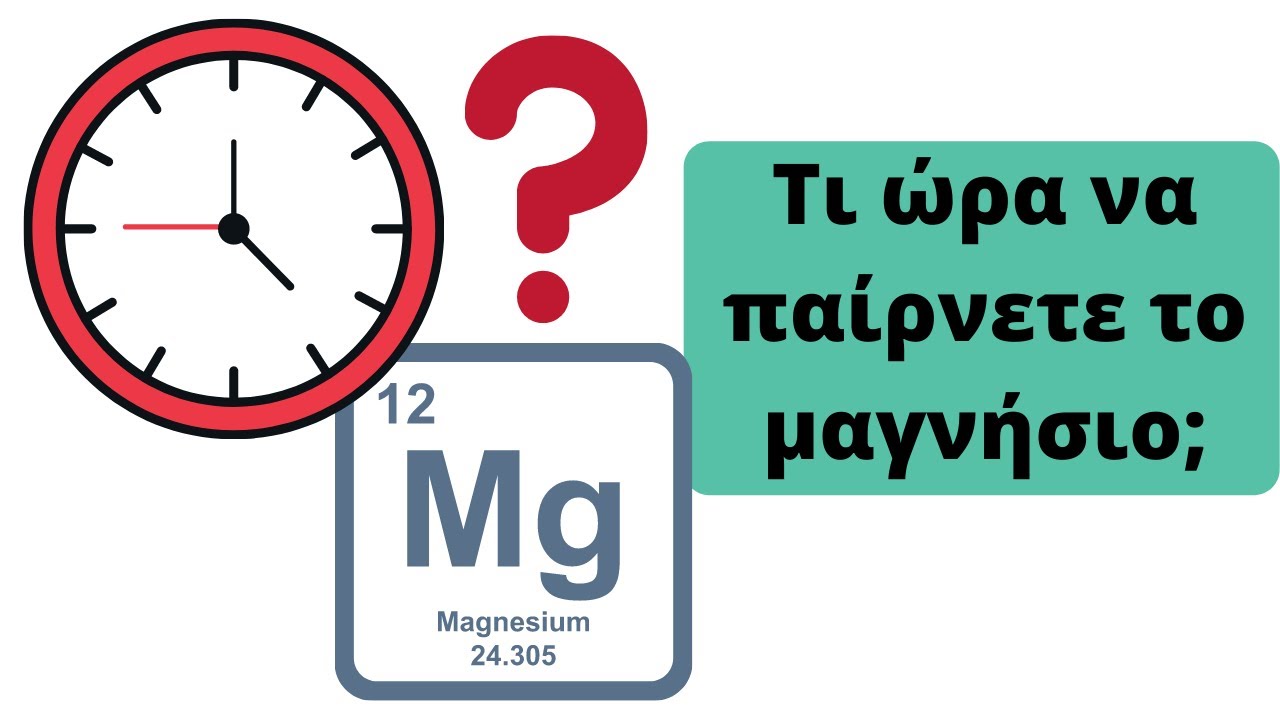
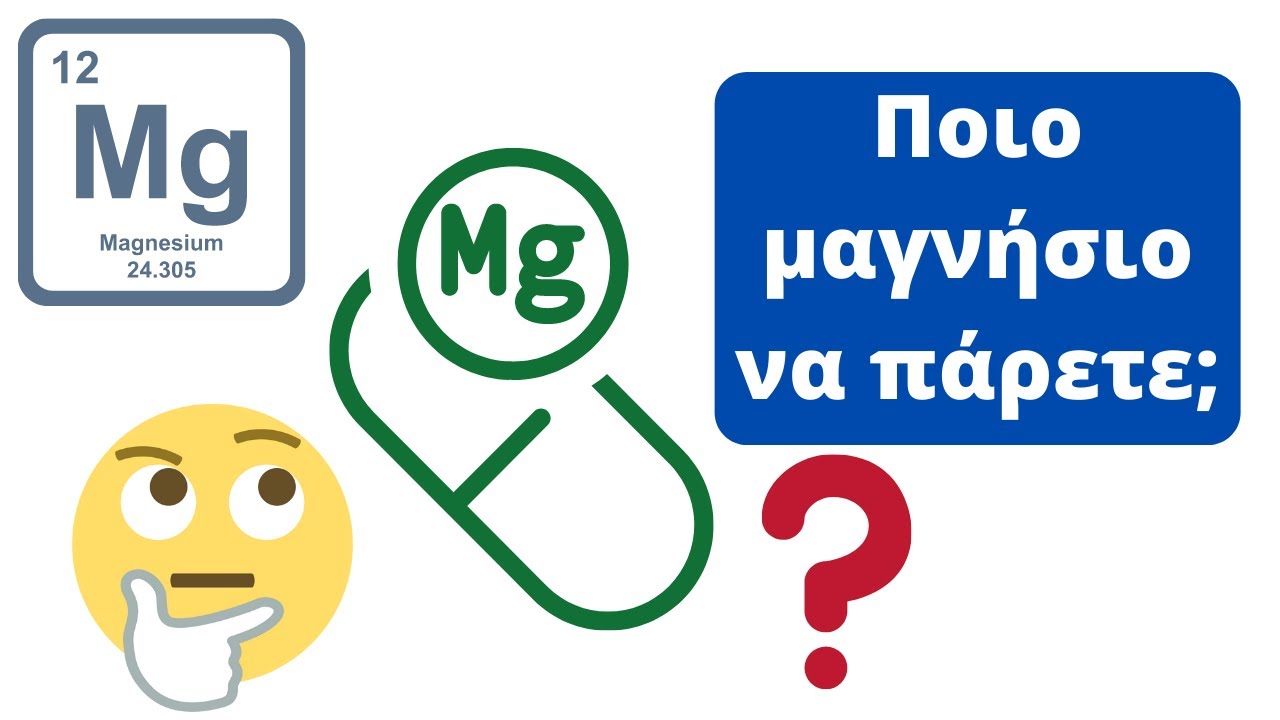




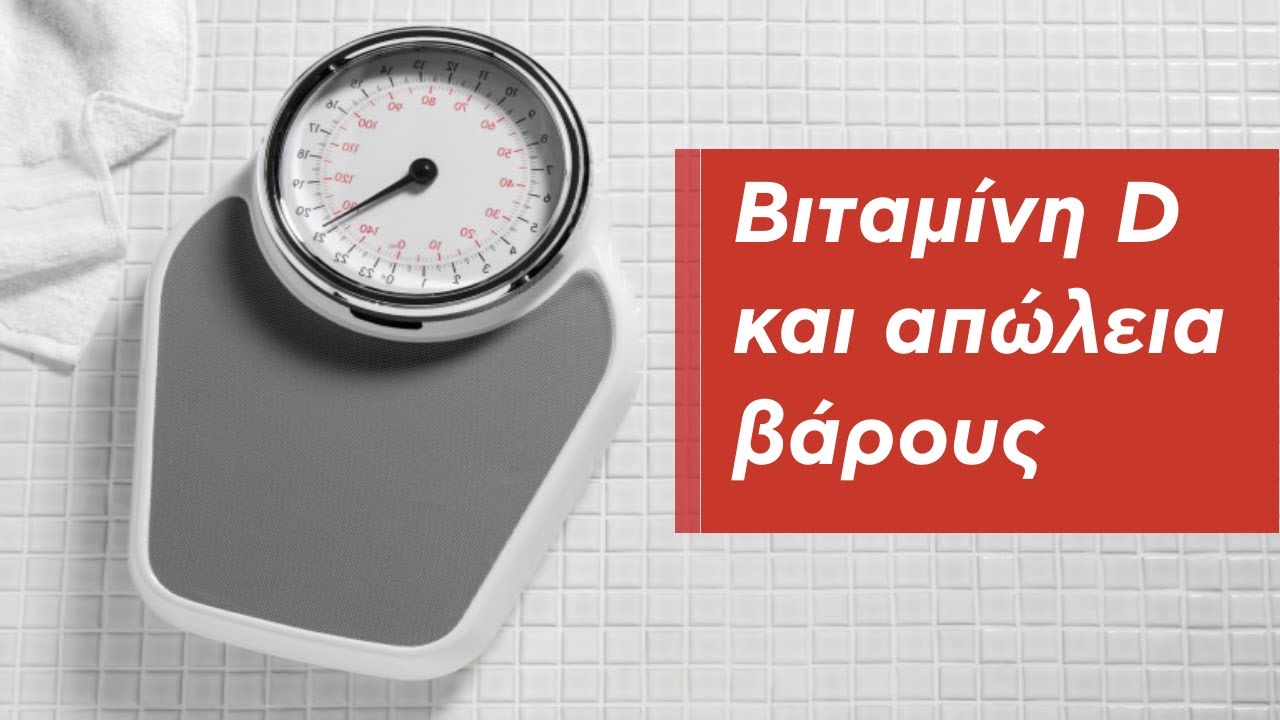







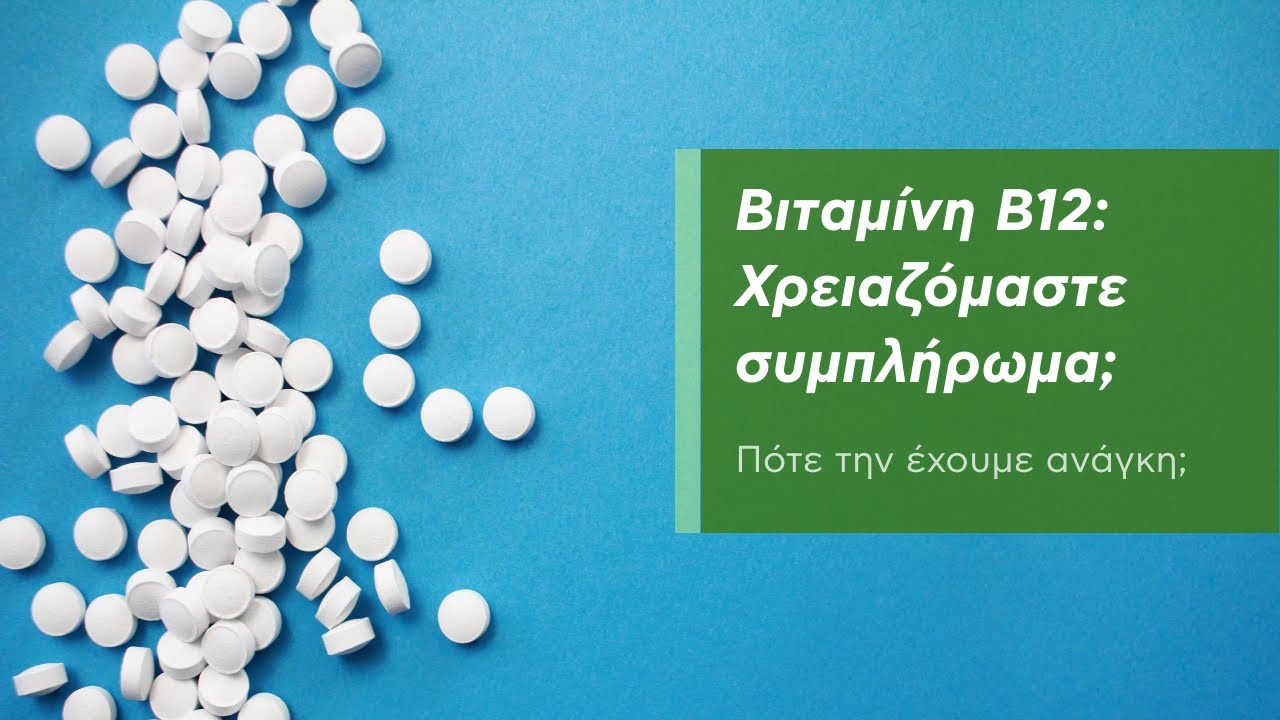















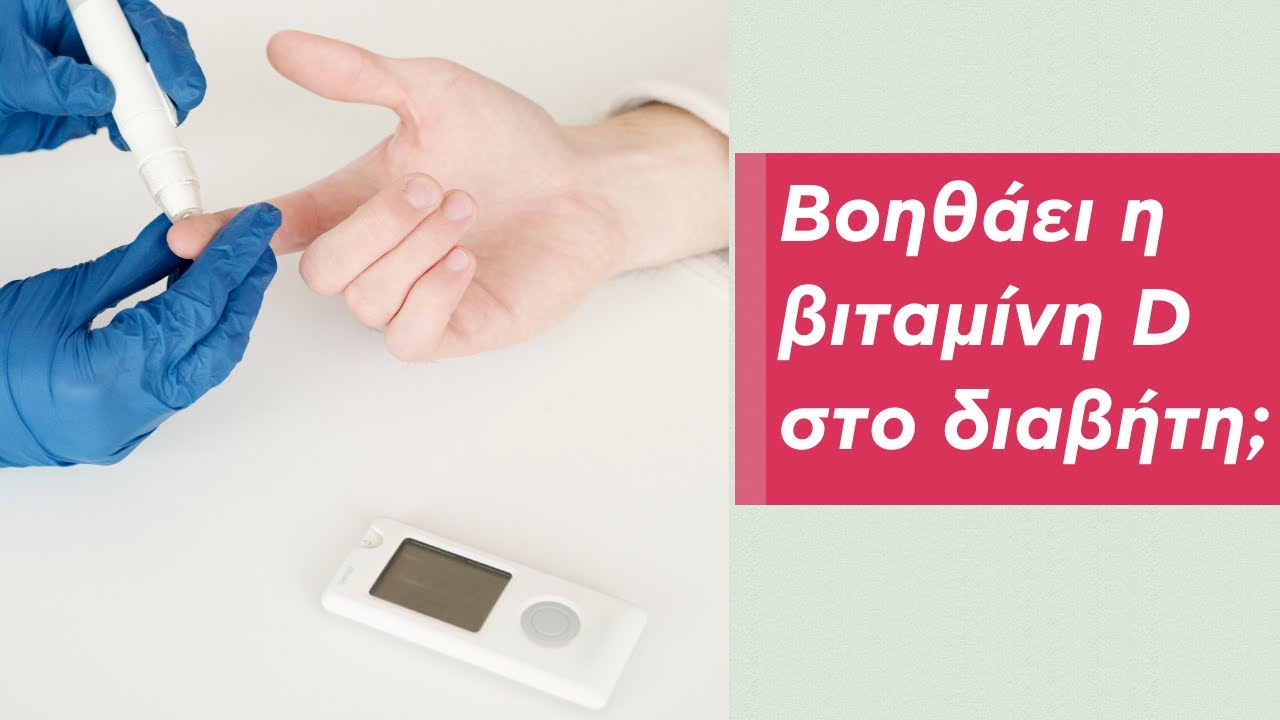






















0 Σχόλια